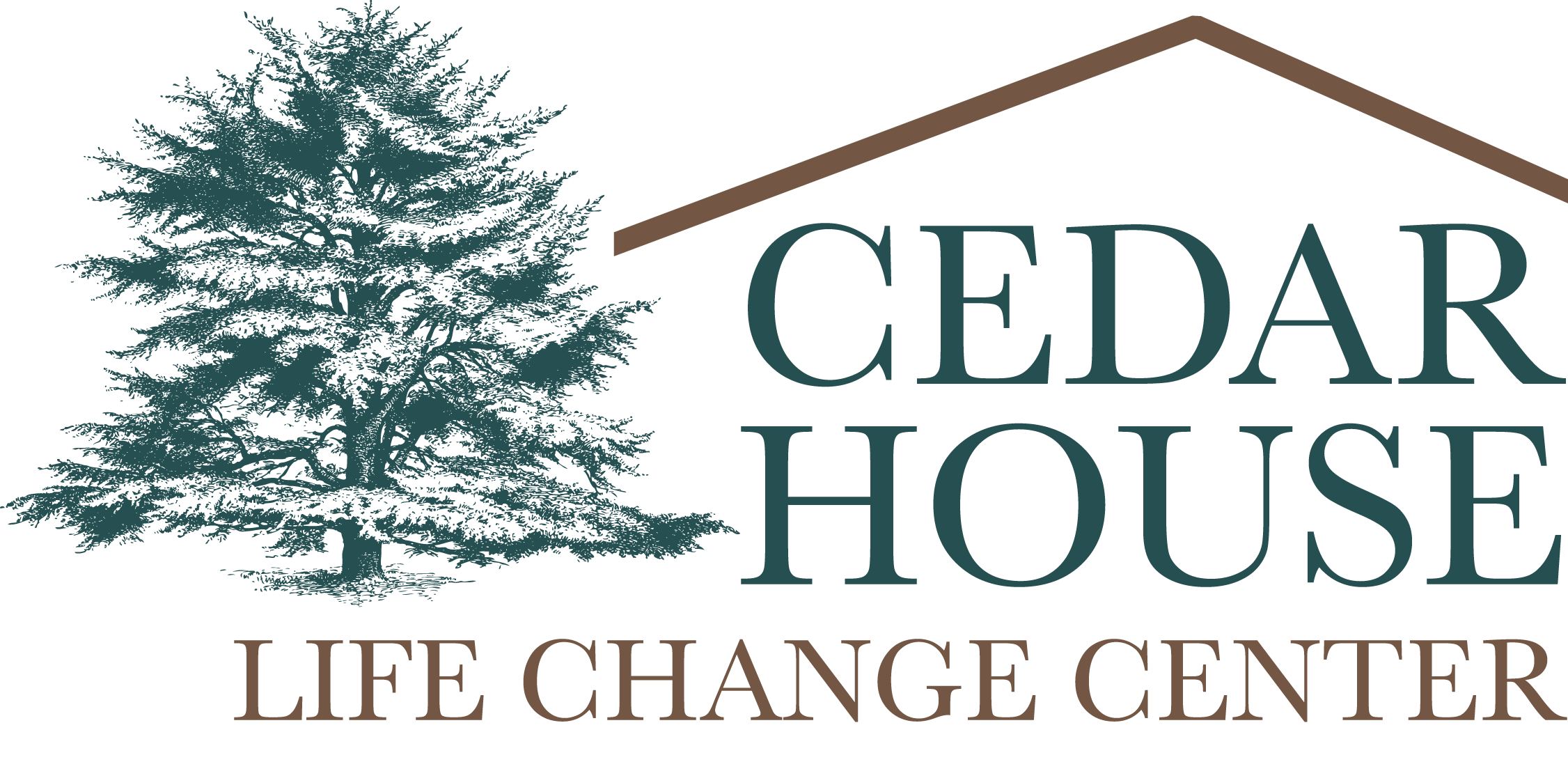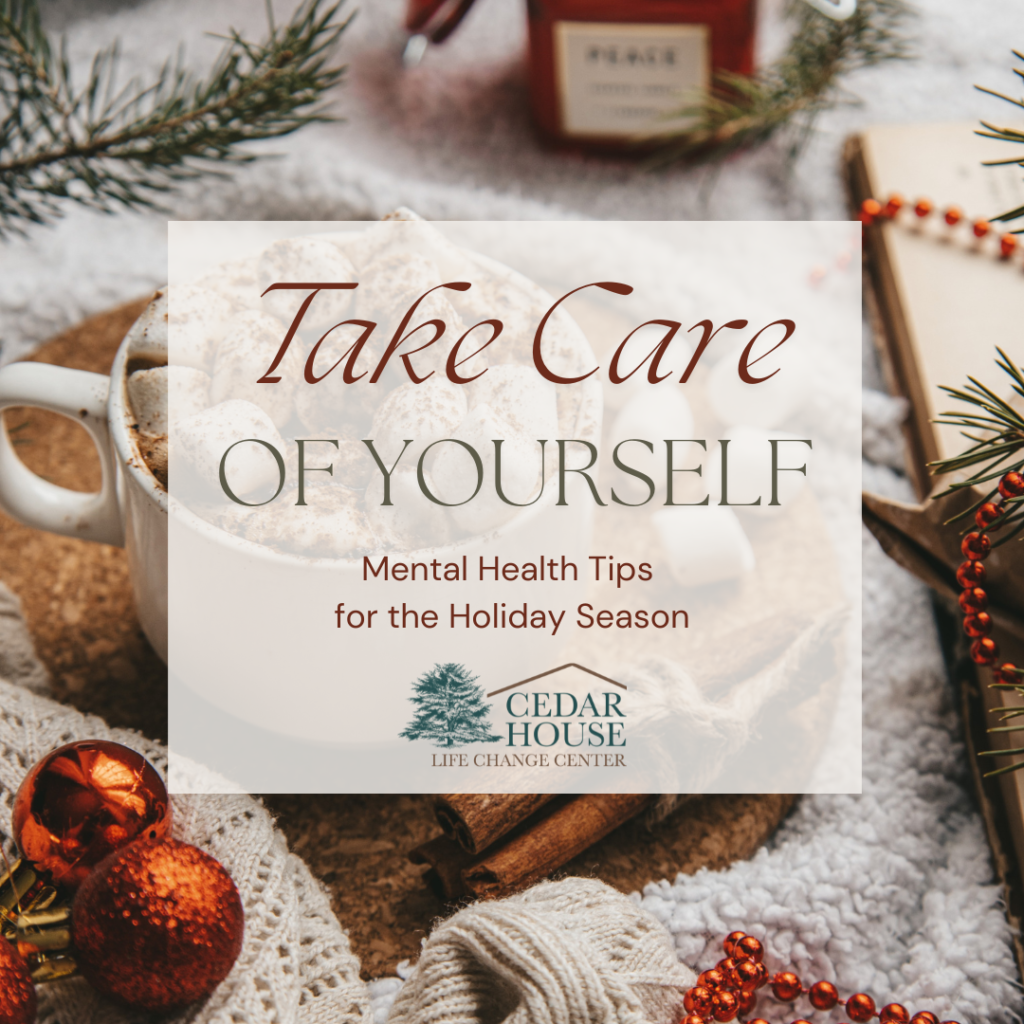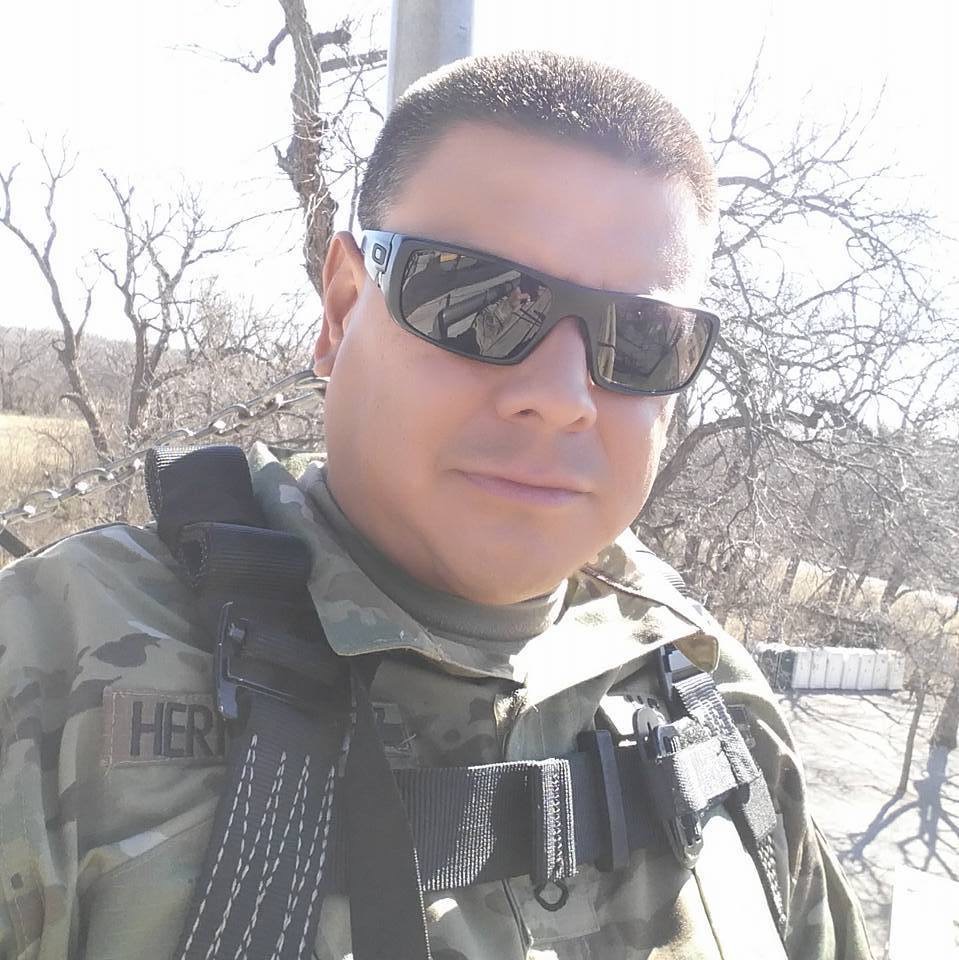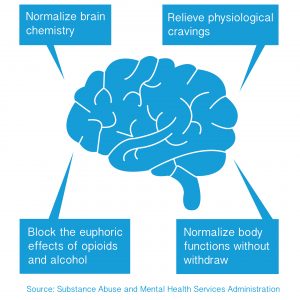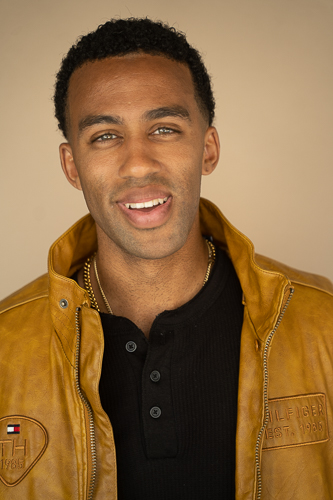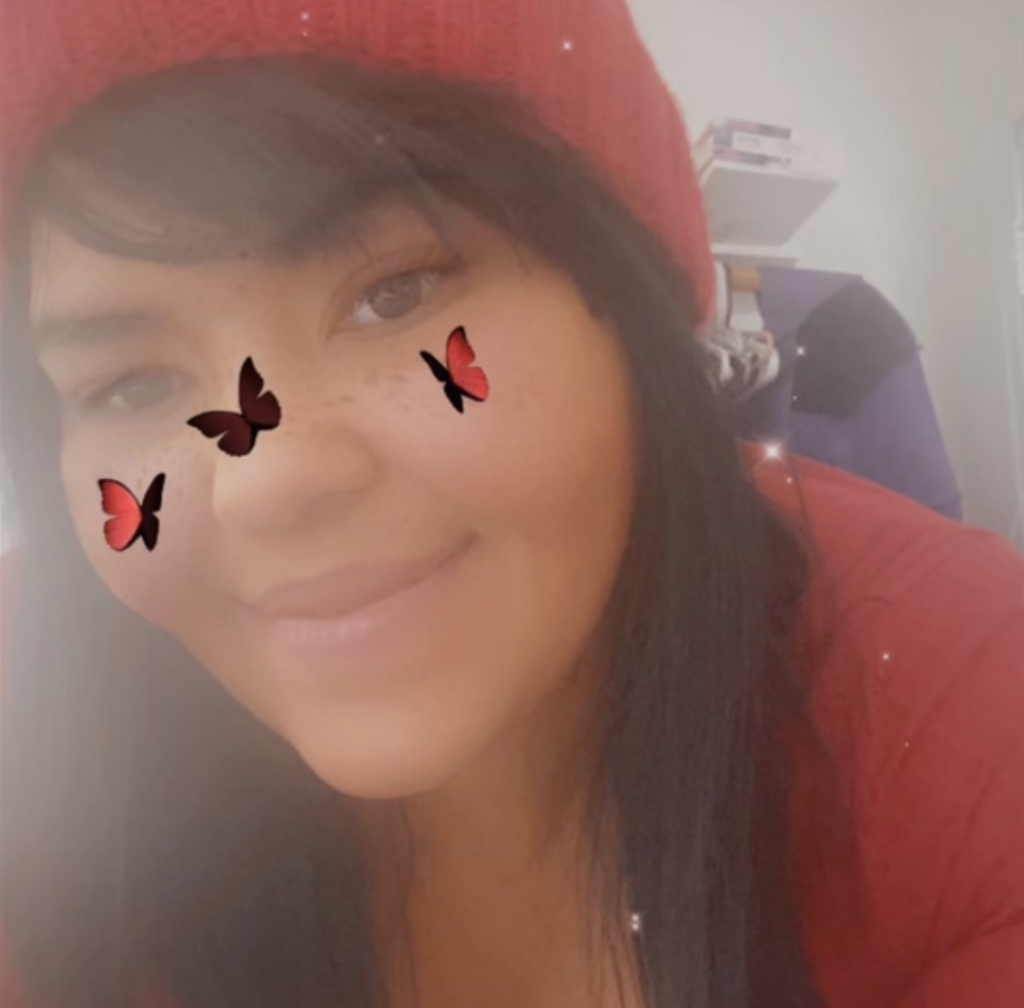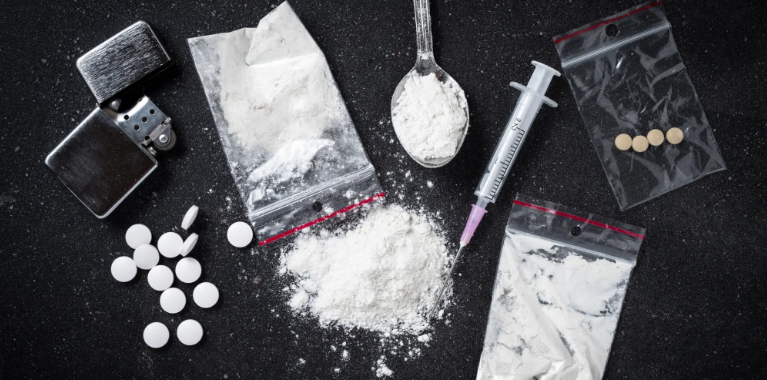Trauma, fear, suffering, repeat… Does that cycle sound familiar? It does to Yolanda. When she saw her own daughter struggling with the same feelings of anxiety and desperation that she felt years before, she knew she had to help her break the generational cycle of trauma, fear and suffering. She knew it was time for tough love.
As a parent, no one wants to see their child suffer, especially when that suffering is so painful and familiar to your own experience. Years ago, Yolanda went through the challenges of addiction herself. After dealing with the pain and regret that came with her substance use disorder, she learned many valuable lessons about herself and about recovery. Unfortunately, children sometimes bear the biggest burden when their parents deal with drug and alcohol addiction. When Yolanda was deep in her addiction, her children were placed in foster care. Thankfully, she went through the Cedar House program and turned her life around. While that helped to bridge the gap between Yolanda and her children, there was still quite a bit of trauma that needed to be dealt with as they regained their relationship.
Yolanda’s daughter Sabrina was just twelve years old when her parents divorced. By the time she was fourteen, she started drinking to escape the heaviness of her household. Her friends also drank heavily, and their parents tended to condone the behavior, sometimes even purchasing the alcohol and drinking with them. She said, “I drank with my parents, which made it seem like it was okay. It was cool at the time.”
By the age of 17, Sabrina and her siblings had been placed in foster care. The pain and loneliness of being displaced was grueling, and they felt as though “no one was trying to get us out.” That experience contributed greatly to her alcoholism.
A year later, Sabrina’s best friend died in a car accident. She and her boyfriend were drunk, and he was driving. When he crashed, she flew out of the car dying on impact. Sabrina said, “Losing my best friend when I was eighteen really took a toll on me. Not having a family dynamic made it even harder.”
As time went on, Sabrina’s drinking continued to worsen. She said:
Toward the end I started getting angry, wanting to fight everybody. I was a slave to the alcohol. It controlled me and everything I did.
Sabrina moved into the extended foster care program, but the freedom of having her own apartment allowed her drinking to get more out of control. Since Yolanda had changed her life and entered into recovery, Sabrina was able to move back in with her.
Seeing this behavior in her daughter was heartbreaking for Yolanda. She said, “I would reflect back remembering her as my little girl and how kind hearted she was. To watch the destruction that alcohol was doing to her was crushing to my soul. I saw my innocent little girl being taken down by this monster of a disease, and I couldn’t do anything about it at the time. I felt helpless.”
Yolanda tried unsuccessfully to get Sabrina into treatment. She said:
After many attempts of asking her to get help, one day I got the courage to use some tough love and kicked her out of my house. I told her I couldn’t sit and watch her slowly kill herself.
At that point, Sabrina became homeless. She was couch surfing each night until she started dating someone whose parents allowed her to stay at their house. She said, “They partied all the time.” And things just got worse for Sabrina. She started getting symptoms of withdrawals when she wasn’t drinking. The shaking and hallucinations terrified her. She said, “It woke me up. It knew I was done.”
Sabrina remembered:
Mom always said, ‘When you’re ready, let me know.’ So, I threw out my fears.
When Yolanda heard that Sabrina was ready for help, she knew right away that her struggles with alcohol were over. She knew that accepting the genuine, compassionate care she would receive from the staff at Cedar House would turn her daughter’s life around, just as it had for her. Yolanda said, “I never once doubted her decision. I saw that she was tired of drinking. I felt so proud and overjoyed!”
Starting at Cedar House was intimidating at first for Sabrina. She said, “Dealing with feeling sober and dealing with life really scared me.”
To her surprise, the experience was truly life-changing. She said:
I felt alive for the first time. I had been so numb.
Sabrina found that she was comfortable at Cedar House and could relate to the people there. The counseling and classes throughout the day were beneficial and prepared her to start her new life without alcohol. She said that her case manager helped her to get to know herself, heal from past trauma, and be prepared to face her triggers.
Now Sabrina is nearly four years clean and sober. She works full time for FedEx and studies psychology at San Bernardino Valley College. She plans to graduate in May and pursue a career as a therapist. She said, “I want to help people deal with their trauma. I think I’ll be able to really relate to people.”
Yolanda is a very proud mother. She said:
We have an open line of communication with each other, and she has forgiven me for past mistakes. It feels great to know that she still works with her sponsor in her recovery. She understands this disease and what it has done to our family. We are both working towards our recovery and our healing as mother and daughter.

